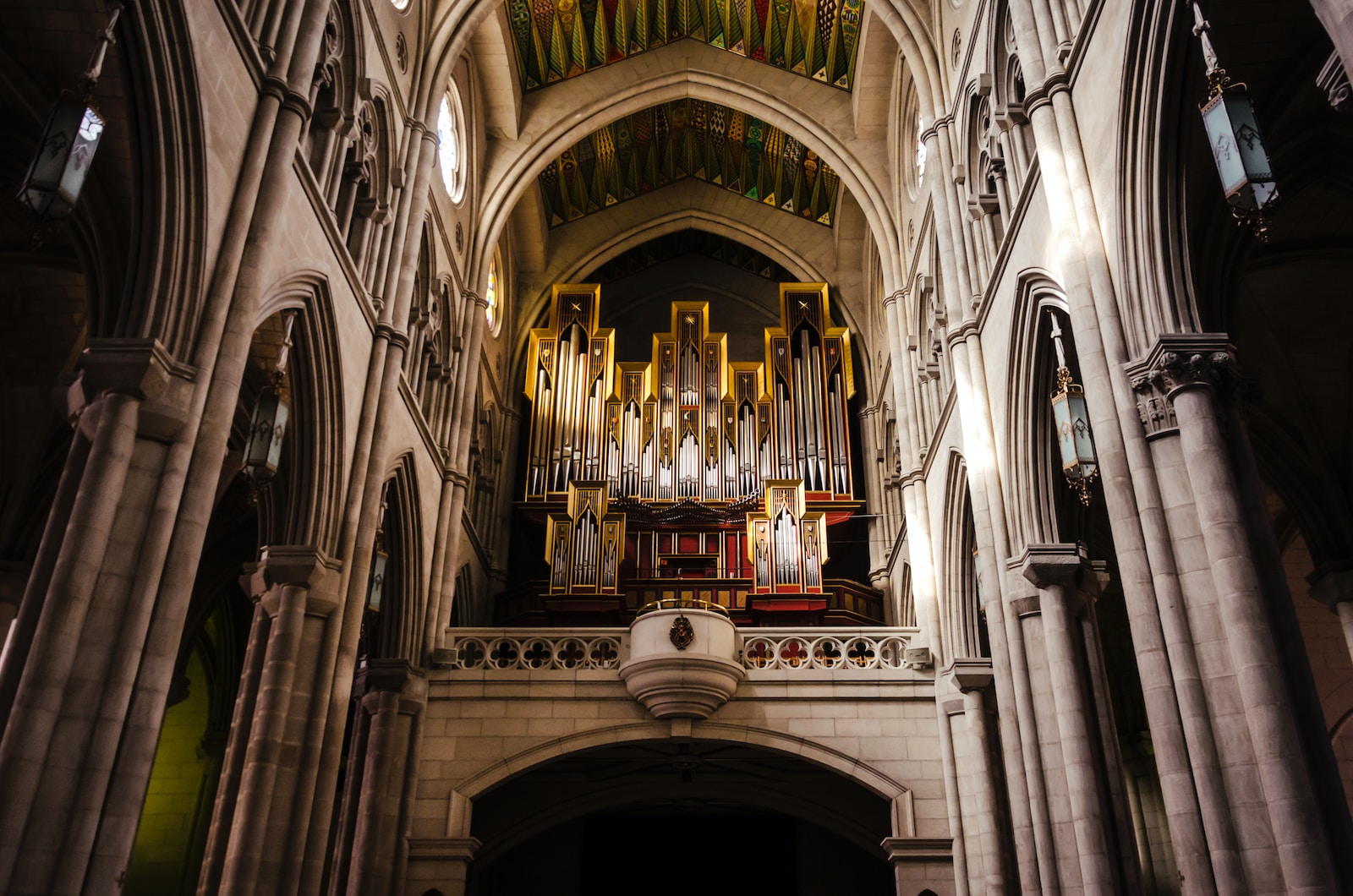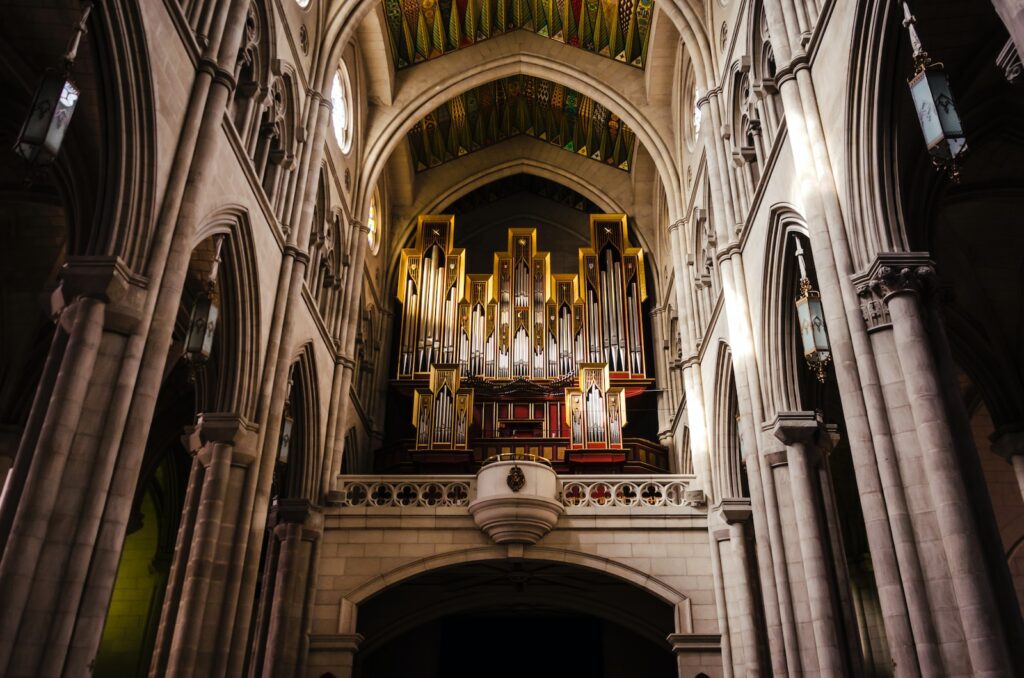
What religion Is Spain? This article delves into the historical influences that have shaped the nation’s religious landscape, focusing on Catholicism as the predominant faith. But it doesn’t stop there – we also shed light on the diverse religious beliefs that coexist within Spain, including the significant presence of Islam. Join us as we uncover the fascinating religious practices and diversity that define modern Spain.
Key Takeaways
- Catholicism has historically been the predominant religion in Spain, with deep roots in Spanish society and culture.
- Spain is characterized by religious diversity, with a significant presence of Islam, Judaism, and various Protestant denominations.
- Spain promotes religious freedom and tolerance, actively engaging in interfaith dialogue and fostering understanding among different communities.
- Religious practices, including church attendance, sacraments, and religious festivals, are embraced as part of Spain’s cultural tapestry.
Historical Influences on Religion in Spain
We’re discussing the historical influences on religion in Spain. Throughout history, Spain has been a melting pot of different cultures and civilizations, each leaving its mark on the country’s religious landscape. One of the most significant influences is the Roman Empire, which introduced Christianity to the region. The spread of Christianity continued during the Visigothic period, but it was the arrival of the Moors in the 8th century that had a profound impact on Spain’s religious identity.
Table of Contents
Under Muslim rule, Islam became the dominant religion, and many churches were transformed into mosques. However, the Christian Reconquista in the 15th century brought about a resurgence of Christianity in Spain. The Catholic Church played a central role during this period, establishing the Spanish Inquisition to enforce religious orthodoxy.
Spain’s exploration and colonization of the Americas also significantly influenced its religious landscape. The Spanish brought Catholicism to the New World, converting indigenous populations and establishing missions. This resulted in the fusion of indigenous beliefs and Catholicism, giving rise to a unique religious syncretism.
In modern times, Spain has become secular, with many people identifying as non-religious or atheist. However, Catholicism still holds a prominent place in Spanish society, with religious festivals and traditions deeply rooted in the culture. The historical influences on religion in Spain have shaped its diversity, making it a fascinating subject of study.
Catholicism: the Predominant Religion
Catholicism remains deeply ingrained in Spanish society, with religious festivals and traditions serving as a testament to the enduring influence of the predominant religion. As Spaniards, we have grown up surrounded by the rich tapestry of Catholic customs and practices. Here are four ways in which Catholicism continues to shape our lives:
- Church attendance: From an early age, many of us attended Mass every Sunday, witnessing the power and beauty of the Catholic rituals. This regular practice instilled in us a sense of reverence and spirituality.
- Sacraments: The seven sacraments of the Catholic Church play a significant role in our lives. We celebrate baptisms, confirmations, and weddings, seeking the blessings and guidance of the Church in these critical milestones.
- Holy Week processions: One of Spain’s most visually striking traditions is the Semana Santa processions. Communities come together to reenact the Passion of Christ, creating a solemn and moving experience that connects us to our faith.
- Pilgrimages: Spain is home to the famous pilgrimage site of Santiago de Compostela. Many embark on this spiritual journey, walking hundreds of kilometers to pay homage to Saint James and seek spiritual enlightenment.
Catholicism is not just a religion for us but a way of life. Its influence can be seen and felt in every aspect of our society, reminding us of the deep-rooted connection between faith and culture.
Diverse Religious Beliefs in Spain
In Spain, our society is characterized by many diverse religious beliefs, reflecting the rich cultural tapestry of our country. While Catholicism has historically been the predominant religion, there is a growing acceptance and presence of other faiths. This diversity is a testament to our country’s commitment to religious freedom and tolerance.
One of the most significant religious communities in Spain is Islam. With a large population of Muslims, particularly in cities like Madrid and Barcelona, the Islamic faith has become an integral part of our society. Mosques can be found nationwide, serving as places of worship and community gatherings.
Additionally, Spain is home to a sizable Jewish population. Our country has a long and complex history with Judaism, and there are synagogues and Jewish cultural centers where members of the Jewish community can practice their faith and celebrate their traditions.
Furthermore, various Protestant denominations are present in Spain, including Evangelical and Anglican churches. These religious communities provide a spiritual home for those who may not identify with Catholicism or other mainstream religions.
In recent years, there has also been an increase in the number of people identifying as agnostic or atheist. While not adhering to a specific religious belief, these individuals contribute to the diversity of perspectives and the ongoing dialogue about spirituality and faith in our society.

Islam in Spain: a Significant Presence
With a significant presence in our country, Islam in Spain continues to shape our cultural landscape and foster interfaith dialogue. Here are four ways in which Islam influences our society:
- Architecture: Islamic architecture can be seen across Spain, from the famous Alhambra in Granada to the Great Mosque of Cordoba. These stunning structures showcase the beauty and intricacy of Islamic design and serve as a reminder of Spain’s rich Islamic heritage.
- Cuisine: Islamic influence can also be found in our culinary traditions. Dishes like paella, originating from the Islamic rule in Spain, reflect the fusion of Arab and Spanish flavors. Using spices such as saffron and cumin adds a unique touch to our cuisine.
- Education: Islamic schools and organizations in Spain provide education and promote cultural understanding. These institutions play a crucial role in fostering interfaith dialogue and promoting tolerance among religious communities.
- Festivals and Celebrations: Islamic festivals like Eid al-Fitr and Eid al-Adha are celebrated by Muslims throughout Spain. These vibrant and joyous celebrations contribute to the multicultural fabric of our society, allowing people of different faiths to come together and learn from one another.
As Islam thrives in Spain, we embrace its contributions to our culture and society. The coexistence of Islam alongside other religions in our country exemplifies the spirit of diversity and inclusivity that Spain is known for.
Religious Practices and Diversity in Modern Spain
Embracing the diversity of religious practices in modern Spain, we actively engage in interfaith dialogue to foster understanding and respect among different communities. Spain is a country that has a rich history of religious diversity. From Catholicism, the dominant religion for centuries, to the presence of Islam, Judaism, and various other faiths, Spain is a vibrant tapestry of different religious beliefs and practices.
In our efforts to promote interfaith dialogue, we recognize the importance of understanding and respecting the differences in religious practices. We believe that engaging in open and respectful conversations can break down barriers and promote a culture of acceptance and tolerance. Through these dialogues, we aim to build bridges between different religious communities and foster mutual understanding.
Furthermore, we actively support and participate in events and initiatives celebrating Spain’s religious diversity. Whether attending interfaith conferences, organizing prayer services, or participating in cultural festivals, we are committed to creating spaces where individuals from different religious backgrounds can come together and learn from one another.
Frequently Asked Questions
What Are the Main Reasons for the Decline of Catholicism in Spain?
The main reasons for the decline of Catholicism in Spain include societal changes, increasing secularization, and the influence of globalization. These factors have led to a shift in religious beliefs and practices.
How Did the Spanish Inquisition Impact Religious Diversity in Spain?
The Spanish Inquisition, known for its brutality, significantly impacted religious diversity in Spain. It targeted non-Catholics, leading to the expulsion of Jews and Muslims. This history shapes Spain’s religious landscape today.
Are There Any Conflicts or Tensions Between Different Religious Groups in Modern Spain?
In modern Spain, religious conflicts and tensions between different groups are rare. However, it’s worth mentioning that over 70% of Spaniards identify as Catholic, making it the dominant religion in the country.
What Role Did the Moors Play in Shaping the Religious Landscape of Spain?
The Moors played a significant role in shaping the religious landscape of Spain. Their influence brought Islam to the region, leading to a rich blend of cultures, religions, and architectural styles.
How Has Immigration Influenced the Religious Diversity in Spain?
Immigration has dramatically influenced the religious diversity in Spain. Our neighborhood is a vibrant mix of mosques, synagogues, and churches. It’s like a beautiful tapestry where different faiths coexist, enriching our lives.




Leave a Reply
You must be logged in to post a comment.